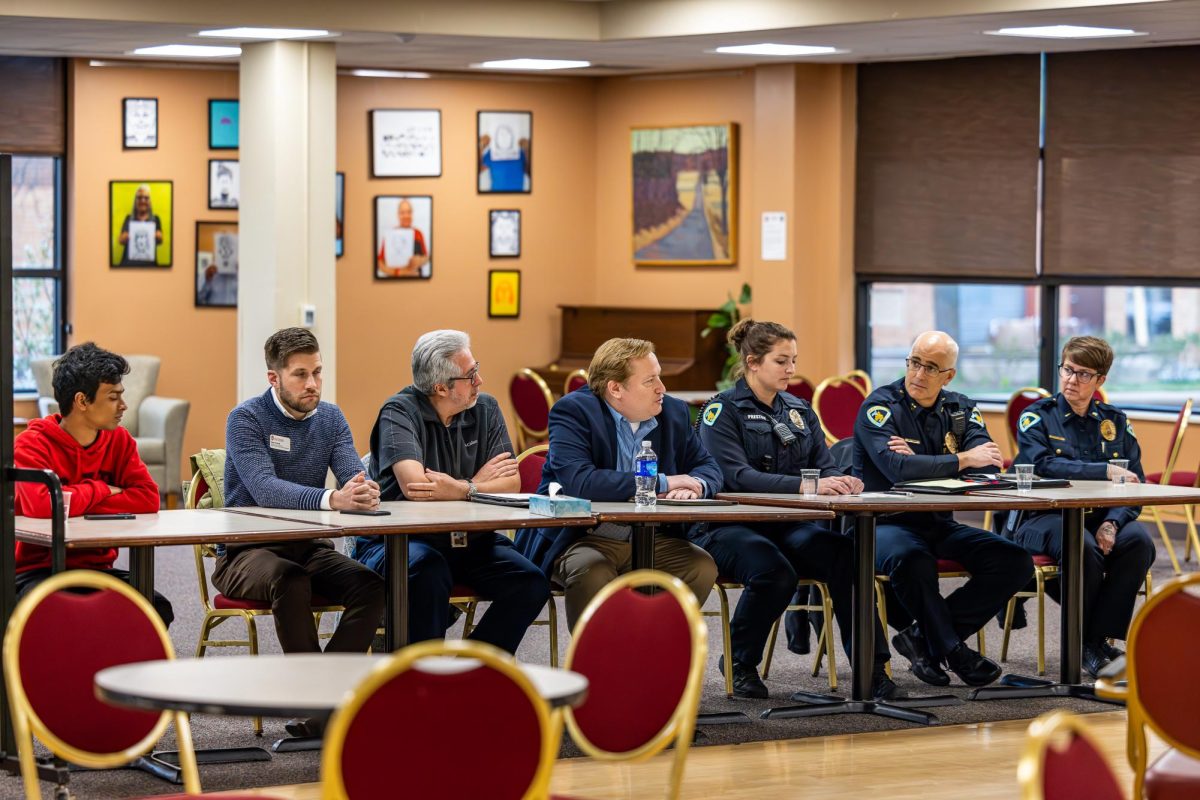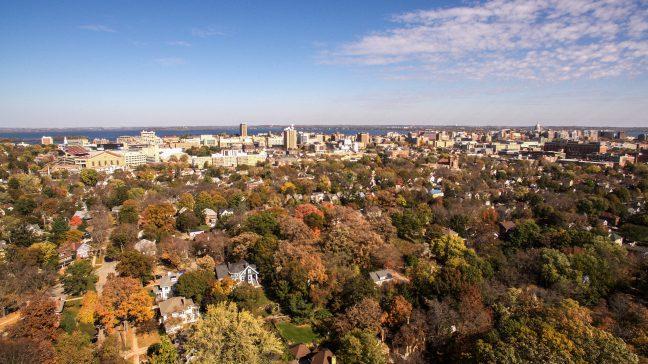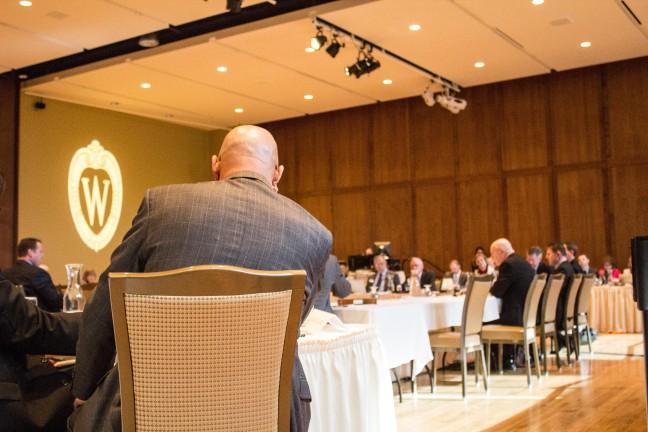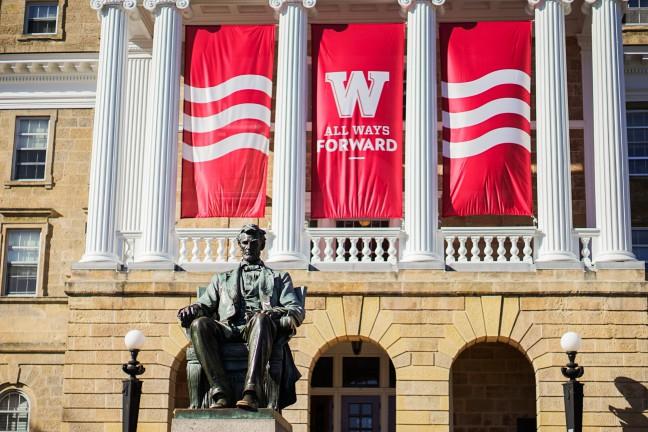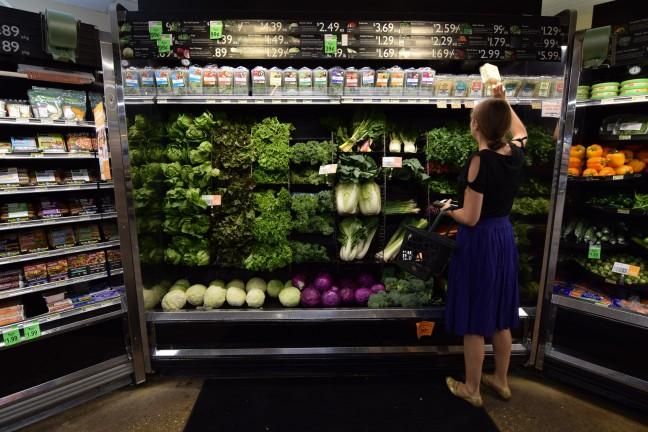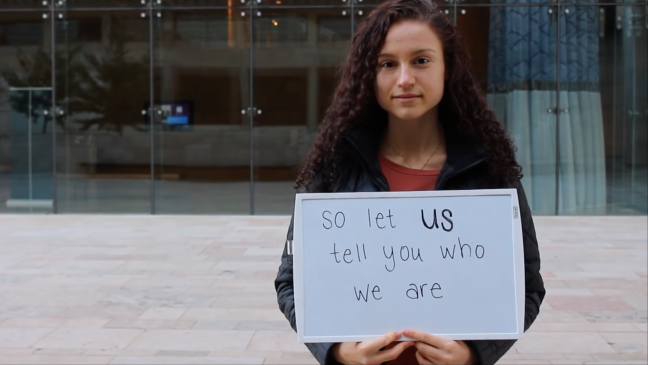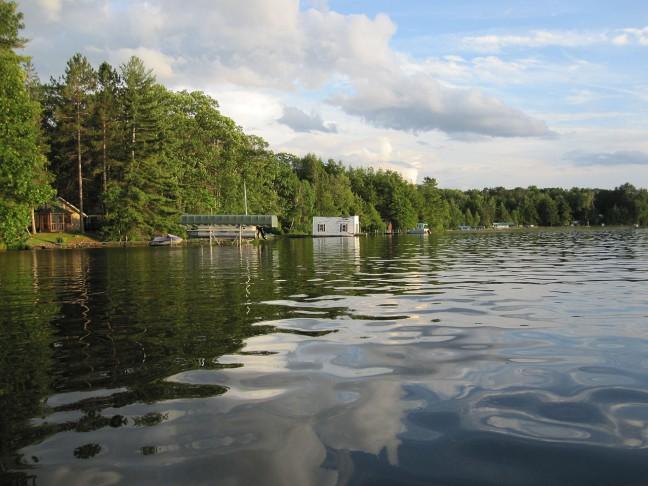As happy as it made me to see not one, but two articles about fair trade in the Sept.10 issue of The Badger Herald, something left a bitter, burned-coffee taste in my mouth. As a member of the WISPIRG Fair Trade Project this semester, I have learned more and more about the Fair Trade movement. Like editor Jack Craver stated in his column, Fair Trade is no longer the realm of tie-dye loving, granola-crunching hippies. People just like the average University of Wisconsin student, the beer-drinking, cell phone-toting population at large can become passionate about ethical trade practices.
It was the words of the opposition that left me scratching my head. I wondered if editor Sam Clegg has used Google Scholar before. A simple search of our own university’s resources would give him thousands of hits showing him he is, to put it bluntly, wrong. He argued that by giving a fair price to coffee farmers it would give more people living in poverty impetus to plant coffee, pushing down the market price. What Mr. Clegg failed to find in his research was that the main tenet of fair trade is to work outside conventional markets. The price is set outside of the New York trade index, in order to ensure the farmers can not only cover costs, but also turn profit.
Furthermore, Fair Trade promotes local development and environment. Profits gained from fair trade markets are to be used for community development like schools and health centers. In this way Fair Trade is intimately entwined with workers’, women’s and human rights. Farmers are also rewarded for preserving their local environment. I must also emphasize that Fair Trade is not a charity, by definition. Though founded on the principles of philanthropy, fair trade uses markets — not donation boxes — to push forward change. We as consumers use our purchasing power to set up an equitable system. Within this system, those living in poverty fund their own development. Fair Trade believes development comes from trade, not aid.
Along this vein, a simple purchase of a fair trade cup of coffee or chocolate bar is a vote for equality. Fair Trade gives consumers the possibility to influence global politics. Imagine if we could do this on a citywide level. The WISPIRG Fair Trade Project’s goal is to certify Madison a Fair Trade city. Originated in the U.K., this process is a simple yet effective one, bringing the community together to support farmers and artisans worldwide: communities supporting communities. The UW campus can have a huge role to play in this. Anyone who has participated in any student organization can understand the powerful things that occur when we as students come together. We have one of the largest and most motivated student bodies in the country, and we should pride ourselves on this.
For those of you interested in Fair Trade, WISPIRG invites you to the Fredric March Play Circle Oct. 20 at 7 p.m. We will be screening a beautifully shot documentary, “Black Gold,” which eloquently articulates the current issues surrounding global trade. A speaker and raffle for Fair Trade gifts will follow the film. Come to learn and join your fellow students in building both the Madison and global communities.
Maura Foley
WISPIRG Fair Trade Media Director


